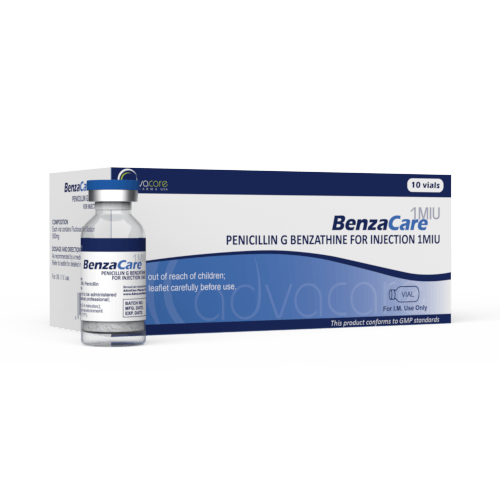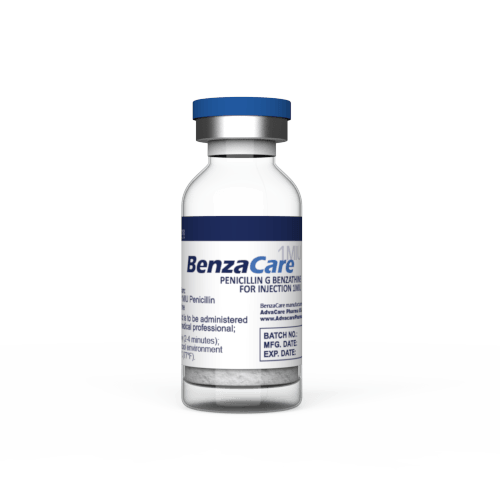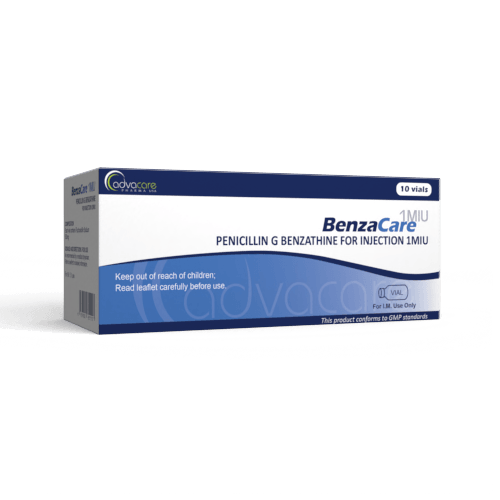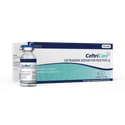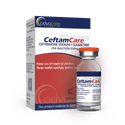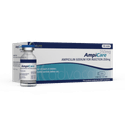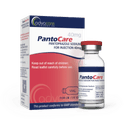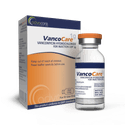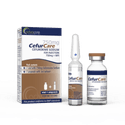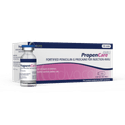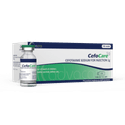- Home›
- Pharmaceuticals›
- Injections›
- Powder for Injection›
- Penicillin G Benzathine for Injection
Penicillin G Benzathine for Injection
Dosage
Packaging
What is Penicillin G Benzathine?
Active Ingredients: Penicillin G Benzathine
Penicillin G Benzathine for Injection is an antibiotic drug used to treat bacterial infections of the upper respiratory tract, heart valves, joints, skin, brain, and genital areas. Specifically, it is used to treat strep throat, diphtheria, syphilis, and yaws. It is also used to prevent rheumatic fever.
Penicillin G Benzathine belongs to a group of medicines called penicillin antibiotics. It is bactericidal against streptococci, Neisseria, many anaerobes, and spirochaetes.
AdvaCare Pharma is a manufacturer and supplier of Penicillin G Benzathine for Injection. Every part of our supply chain is thoroughly vetted to ensure it meets health, safety, and environmental standards. This drug is produced in our GMP-certified facilities in China, India, and the USA.
Why choose us as your Penicillin G Benzathine manufacturer?
AdvaCare Pharma, a US-owned pharmaceutical company, is a Penicillin G Benzathine for Injection manufacturer with GMP-compliant facilities located worldwide. We conduct periodic internal and third-party facility inspections to ensure that our products meet or surpass the requirements of our distributors. Our global reach, as a reliable Penicillin G Benzathine manufacturer, extends to over 65 markets where we supply a wide range of products to our partners, including distributors, hospitals, pharmacies, NGOs, and government institutions.
Uses
What is Penicillin G Benzathine used for?
It is used to treat:
- erysipelas
- glomerulonephritis
- neurosyphilis
- syphilis
- bejel, yaws, and pinta
- streptococcal infections
It is also used as prophylaxis of rheumatic fever, glomerulonephritis, and erysipelas.
How is Penicillin G Benzathine for Injection used?
This medication is manufactured as a powder. As an injectable form, it is to be given directly into a muscle (IM).
What dose should be given?
The exact dosage is based on the severity of the infection, age, gender, and body weight:
- For syphilis, the usual dose for adults is 1.2mega units given as a single dose.
- For prophylaxis, the usual dose for adults and children over 30kg is 1.2mega units, given every 3-4 weeks for a period of 5 to 10 years.
- For children under 30kg, the usual dose is 0.6mega units (600IU).
Refer to a doctor or pharmacist for guidelines on dosage.
Side Effects
As with all pharmaceuticals, some unwanted effects can occur from the use of Penicillin G Benzathine for Injection.
Common side effects include, but may not be limited to: • pain at the site of injection
Serious side effects may occur. Seek medical attention if the following develop:
- allergic reactions including anaphylaxis
- Jarisch-Herxheimer reaction (when used to treat syphilis)
For a comprehensive understanding of all potential side effects, consult a medical professional.
If any symptoms persist or worsen, or you notice any other symptoms, please call your doctor.
Precautions
Do NOT use Penicillin G Benzathine for Injection if:
- You are allergic to any of the ingredients.
- You are allergic to penicillin antibiotics.
Consult with your doctor about any medications you are taking before treatment with Benzathine Benzylpenicillin.

You might be interested in...
Why AdvaCare Pharma?
As an industry leader, we are aware of our responsibility to provide affordable and sustainable solutions to improve healthcare worldwide.
